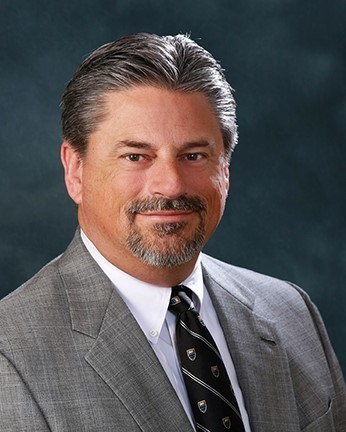HILO — An Adventist Health representative has begun studying the financials of East Hawaii’s publicly funded hospital system, as his nonprofit organization continues making overtures to the economically troubled health care facilities. ADVERTISING HILO — An Adventist Health representative has
HILO — An Adventist Health representative has begun studying the financials of East Hawaii’s publicly funded hospital system, as his nonprofit organization continues making overtures to the economically troubled health care facilities.
On his second trip to Hilo since the two companies began exploring the possibility of a partnership this summer, Robert Beehler, Adventist’s vice president for market development, mergers and acquisitions, spoke last week to members of the East Hawaii Regional Board. In his presentation, which lasted about 20 minutes, Beehler provided information about the $3.5 billion network’s mission, vision and values, as well as its position on working with financially shaky, rural hospitals.
“We operate 40 rural health clinics in California,” he said. “They may not have much, but they’re going to get good health care. … We don’t walk away from communities just because a community is going through rough times.”
After the meeting, Kurt Corbin, chairman of Hawaii Health Systems Corp.’s East Hawaii Regional Board, said the two health care systems are still in the early stages of their relationship, “working to understand the dynamics of our two organizations.”
He said Beehler was in town to learn more about the “expense and revenue” side of the hospital system, as well as learning more about his organization’s “cultural fit” with Hawaii.
In an interview with Hawaii Tribune-Herald, Beehler agreed, saying it’s still too soon to tell whether the health care organizations will make a good fit together.
But, he said, should their wants and needs align, a partnership between the two could look a lot like that currently being pursued by HHSC’s Maui Region and Kaiser Permanente.
“We all kind of assume the Maui transaction is a road-map,” he said.
When state legislators approved Act 103 during the last session, they allowed Kaiser to pursue a “long-term lease, with HHSC owning the assets, and leaving the door open for some level of continued subsidy (from the state government),” he said.
Such an arrangement could also work in East Hawaii, Beehler said, as long as legislators acknowledge the fact that “some level of reduced subsidy will be necessary, because the demographics (in East Hawaii) are not as good as Maui,” he said.
Beehler was careful in his choice of words in speaking on the record about what would become of the East Hawaii system’s Civil Service employees under such an arrangement, saying only that “Adventist prefers to have a direct relationship with its employees.”
However, he did point to a report by Stroudwater Associates, which identified HHSC’s employment costs associated with a unionized work force as the primary factor behind its financial losses.
“It said that if you continue with this current model, with Civil Service driving an expense base, with pensions, benefits and these work rules, it creates a lack of flexibility that becomes an equation that’s difficult to balance if you’re in a market that isn’t that great with demographics,” he said of the independent review mandated by the state Legislature in 2009.
“It’s going to be not sustainable,” he added. “Our challenge is to figure out if and how a transaction could work.”
Email Colin M. Stewart at cstewart@hawaiitribune-herald.com.



